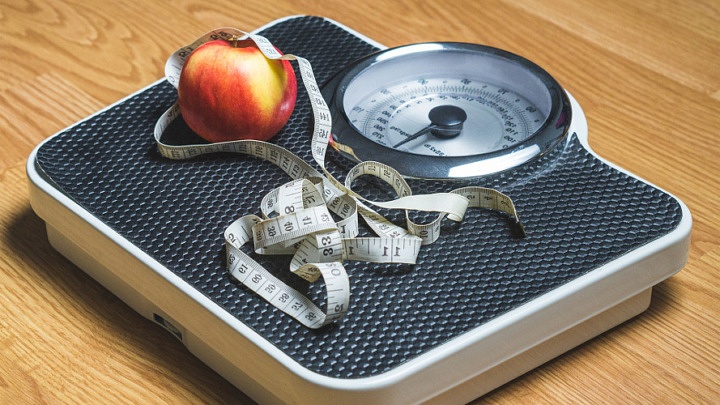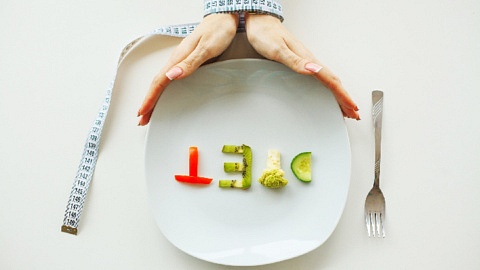Weight loss can often feel like an uphill battle. With a variety of fad diets, weight loss programs, intense work out routines and social media health hacks,...
About the Author
Felicia Newell
Felicia Newell is a Registered Dietitian (RD), Nutritionist, and Health Coach. She is also the owner of Sustain Nutrition, and helps clients from all around the globe fight through the misinformation in the online world, and master their health goals in a way that also allows them to also enjoy life. After many years in practice and through extensive research, Felicia knows that the ‘restrictive dieting’ technique never works long-term, and she takes the realistic approach of the ‘80/20 rule’, as well as working with clients to find the specific strategies that work best for them. You can download her FREE Meal Planning Starter Kit to help get you on your way to crushing your health and wellness goals.
Check out:
Her website: www.sustainnutrition.ca
Facebook: facebook.com/SustainNutrition1
Instagram: @sustainnutrition
Twitter: @Sust_Nutrition
Pinterest: sustainnutr
Download her free meal planning starter kit here: bit.ly/MealPlanStartKit







